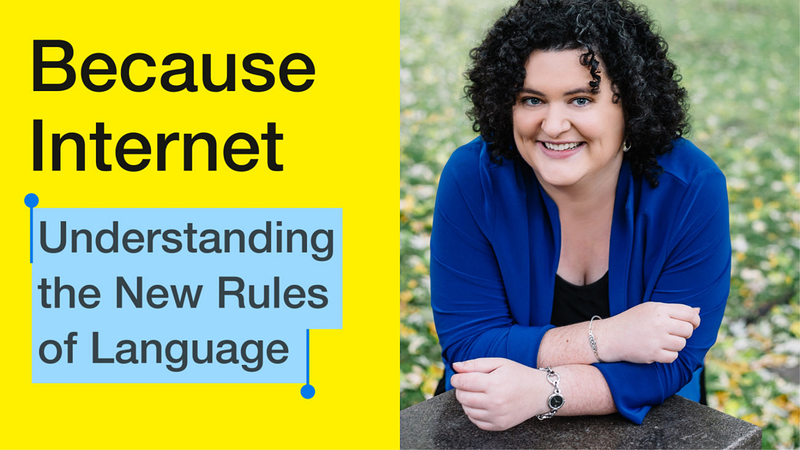At the New Yorker website, Katy Waldman discusses a new book that makes a counterintuitive claim: the internet had made writing more nuanced, expressive, and complex rather than standardized and simplistic. The book is Because Internet: Understanding the New Rules of Language by linguist Gretchen McCulloch. McCulloch observes that things like Twitter and text messaging have brought a renewed attentiveness to the expressive power of typography and language play – a power that traditional formal writing lacks. As Waldman writes, this kind of language play has also been used by some of our most revered avant-garde writers, like James Joyce and E. E. Cummings. Here’s an excerpt from the piece:
McCulloch’s project is, at heart, a corrective: she wants to puncture the belief that the Internet de-civilizes discourse. She brandishes research that shows that we become more polite as we get better at typing. (As with online irony, online civility emerges from linguistic superfluity, the perception that an extra effort has been made, whether through hedges, honorifics, or more over-all words.) To those who fear that the Twitter era is eroding our eloquence, McCulloch replies that, in fact, “all our texting and tweeting is making us better at expressing ourselves in writing.” She cites a study of nearly a million Russian social-media users, which revealed that messages in 2008 were less complex than messages in 2016. Through GIFS, emojis, and the playful repurposing of standard punctuation, McCulloch insists, Internet natives are bringing an unprecedented delicacy and nuance to bear on their prose.
